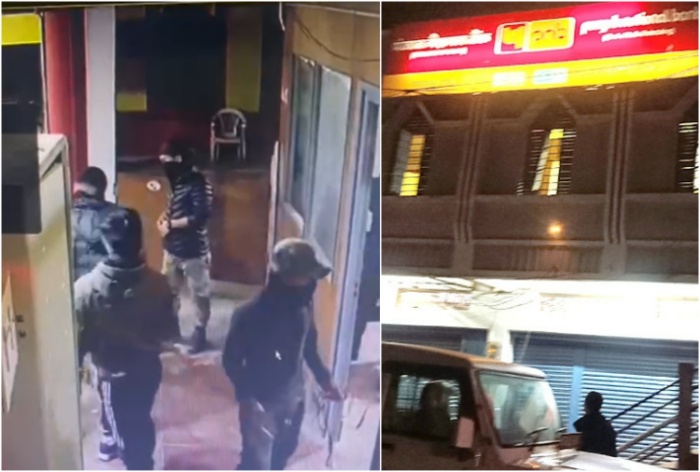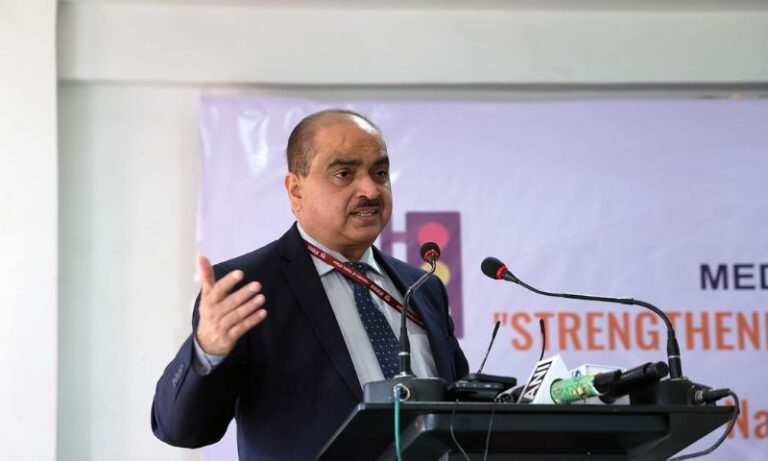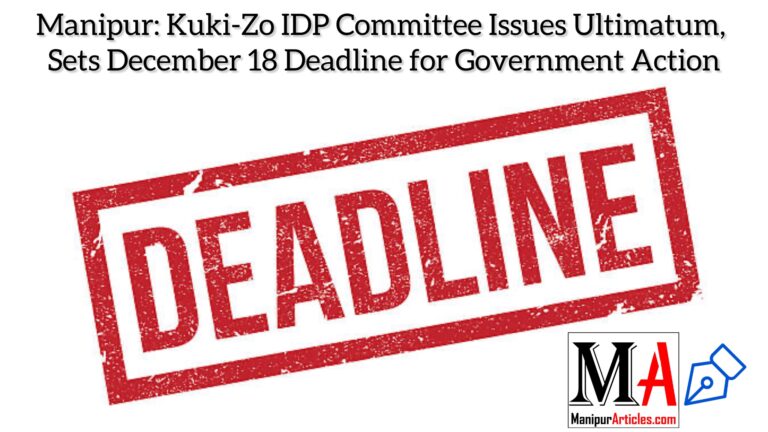Congress Criticizes PM Modi’s Handling of Manipur Crisis Ahead of BRICS Summit
Summary
As Prime Minister Narendra Modi prepares to attend the BRICS+ Summit in Kazan, Russia, Congress leaders have taken aim at his perceived inaction regarding the ongoing crisis in Manipur. Congress General Secretary Jairam Ramesh and President Mallikarjun Kharge both condemned the PM for not visiting the violence-hit state. They demanded the dismissal of Manipur’s Chief Minister and called for a Supreme Court-monitored probe into the unrest.
Full Article
Introduction: BRICS Summit and the Manipur Crisis
The political landscape in India is currently witnessing a heated debate, with Congress directing sharp criticism at Prime Minister Narendra Modi for what it calls “inaction” in the face of Manipur’s ongoing turmoil. As the PM prepares for his upcoming visit to Russia for the BRICS+ Summit, the Congress party has reignited its concerns over his alleged lack of involvement in resolving the violence and social unrest that has plagued Manipur for months.
But why is this such a significant issue? Why are Congress leaders bringing up the Manipur crisis at a time when international diplomacy, like BRICS, dominates the PM’s agenda? Let’s dive into the details.
Hitting Hard Before the BRICS Summit
BRICS, an international grouping that brings together Brazil, Russia, India, China, and South Africa, has evolved over the years into a prominent global organization. India, as one of its founding members, naturally plays a key role in this summit. However, Congress sees a glaring disconnect between PM Modi’s global stature and his attention to domestic crises, especially in Manipur.
Jairam Ramesh, the Congress General Secretary in charge of communications, didn’t hold back when criticizing the PM. Ahead of the summit, he commented, “Kazan certainly beckons, but sadly Manipur still awaits.” This pointed remark encapsulates the sentiment that while Modi is focused on the international stage, internal unrest, particularly in Manipur, remains unresolved.
Understanding the Manipur Crisis
So, what exactly is happening in Manipur, and why has it become such a central issue for Congress? For months, Manipur has been grappling with a wave of violence that has drawn attention across the nation. Ethnic clashes and unrest have resulted in loss of life, property damage, and widespread displacement of people. This violence has been attributed to deep-rooted social tensions in the state, and despite numerous appeals, the central government’s response has been criticized as slow or insufficient.
The Congress party, seeing this as a major political issue, has consistently called out PM Modi and the BJP-led central government for their handling of the crisis. Congress President Mallikarjun Kharge termed the government’s actions as “unforgivable,” highlighting that the PM had not yet visited the state despite the scale of the crisis. For Congress, this represents a failure of leadership.
Manipur vs. BRICS: A Question of Priorities?
What Congress seems to be asking is: where are the PM’s priorities? Shouldn’t a crisis that has displaced thousands of people and led to large-scale violence take precedence over attending an international summit? By making this comparison, Congress is effectively framing the PM’s international engagements as distractions from critical domestic issues.
Ramesh’s remarks also delve into the historical significance of BRICS, which originated as “BRIC” in 2001 and expanded over the years to include South Africa and other nations like Egypt, Iran, UAE, and Ethiopia. He alluded to the New Development Bank launched by BRICS in 2014, suggesting that while the summit and India’s involvement in BRICS are important, they shouldn’t come at the cost of addressing internal turmoil.
Congress’ Demands: Supreme Court Probe and CM’s Dismissal
Beyond their criticisms, Congress has also laid out clear demands for the central government. They have called for a Supreme Court-monitored investigation into the violence in Manipur, aiming to ensure that justice is served impartially and transparently. Furthermore, the Congress party has asked for the dismissal of Manipur Chief Minister N. Biren Singh, holding him responsible for the escalation of violence and failure to maintain peace.
For the Congress, addressing the Manipur crisis requires both immediate intervention and long-term solutions. They argue that simply holding meetings or offering statements of concern isn’t enough — what’s needed is decisive action.
The Political Dynamics Behind Congress’ Critique
It’s clear that Congress’ critique of PM Modi is rooted in both humanitarian and political concerns. By focusing on the PM’s perceived inaction in Manipur, Congress is attempting to highlight a contrast between Modi’s global diplomacy and his domestic leadership. They’re essentially making the case that while the PM is busy securing India’s place on the global stage, significant portions of the country are being left behind in times of crisis.
At the same time, Congress is undoubtedly positioning itself as a voice for the people affected by the Manipur violence. By continually raising the issue, they’re keeping the spotlight on a state that might otherwise fade from national headlines, particularly when international events like BRICS take center stage.
International vs. Domestic: The Balancing Act for Leaders
PM Modi’s involvement in international diplomacy isn’t without merit. India’s role in BRICS has been crucial in fostering South-South cooperation and strengthening ties with emerging economies. Additionally, the BRICS+ format, which includes other significant nations, expands India’s influence on the world stage.
However, the question remains: how do leaders balance their international commitments with their responsibilities at home? Congress seems to argue that the PM’s decision to focus on BRICS, at the expense of addressing the Manipur crisis, shows a misalignment of priorities. Whether this narrative will resonate with the Indian public remains to be seen, but it’s clear that the political stakes are high.
Conclusion: What Lies Ahead for PM Modi and Congress
As the BRICS+ Summit in Kazan unfolds, the political tensions between Congress and the BJP over the handling of the Manipur crisis will likely continue. For PM Modi, the challenge will be to manage both his international commitments and the domestic issues that demand his attention. Congress, meanwhile, will likely keep up the pressure, using the Manipur unrest as a symbol of what they see as the central government’s failure to address internal strife.
At the end of the day, this debate goes beyond political maneuvering — it’s about ensuring that both international diplomacy and domestic stability are prioritized equally. Whether Congress’ critiques will lead to actual change in the government’s handling of Manipur remains to be seen, but one thing is certain: the people of Manipur are watching closely.
FAQs
- What is BRICS, and why is it important for India?
BRICS is a global grouping of five major emerging economies: Brazil, Russia, India, China, and South Africa. It plays a crucial role in fostering international cooperation among these nations. - Why is Congress criticizing PM Modi regarding Manipur?
Congress believes that PM Modi has neglected the ongoing crisis in Manipur, accusing him of not visiting the state and failing to address the violence. - What are Congress’ demands related to the Manipur crisis?
Congress is calling for a Supreme Court-monitored investigation into the violence in Manipur and has also demanded the dismissal of the state’s Chief Minister, N. Biren Singh. - How does Congress contrast the Manipur crisis with the BRICS Summit?
Congress argues that PM Modi’s focus on the BRICS Summit and international engagements has distracted him from addressing critical domestic issues like the Manipur crisis. - What is the role of the Supreme Court in resolving the Manipur crisis?
Congress believes a Supreme Court-monitored probe is necessary to ensure a fair investigation into the violence and hold accountable those responsible.




